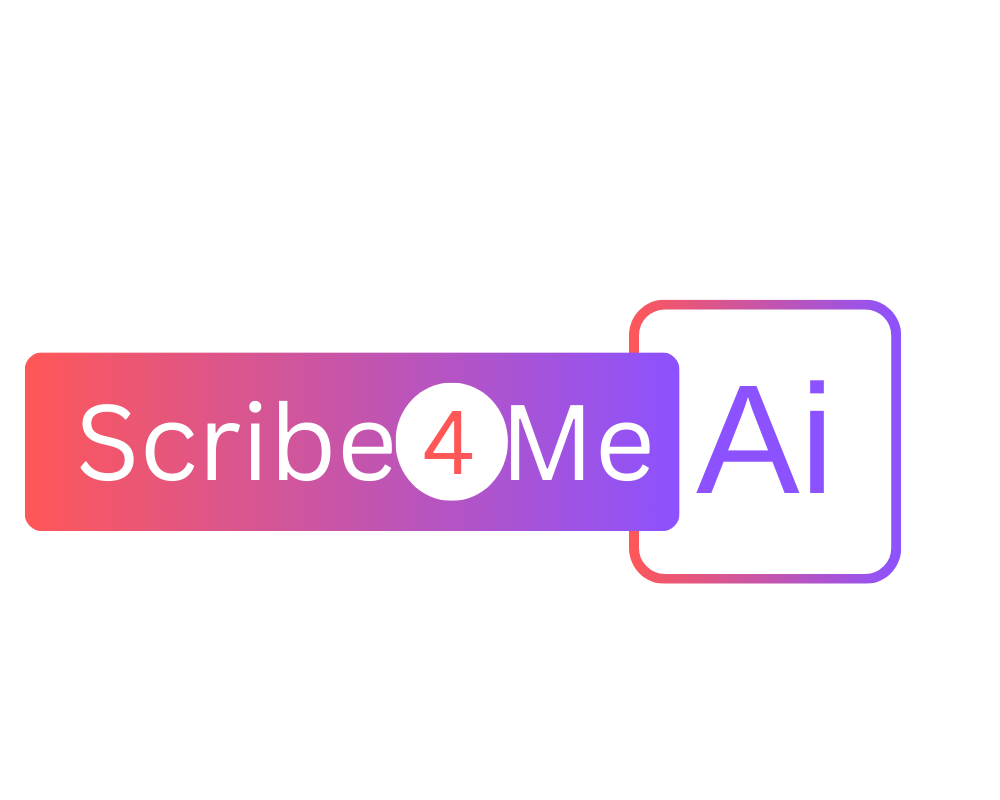

6 Things Physicians Should Know About AI Scribes
You’ve probably come across the buzz around AI scribes and how they can help reduce documentation workload, improve patient satisfaction and support physician well-being. As more physicians explore this technology, its promise continues to spark curiosity. But what exactly is an AI scribe? What do we truly know about it, and how it could help your practice? As adoption grows so do questions about it. In this blog post, we’ll explore some of the common questions and provide insights to help you decide if this evolving tool could be the right fit for your workflow.
What is an AI scribe and how can it help in your practice?
An AI scribe is a digital tool that assists physicians with documenting patient visits, reducing their workload and saving valuable time. Using artificial intelligence, an AI scribe captures and summarizes patient interactions into structured, clinically relevant notes within seconds of the visit.
Beyond documentation an AI scribe can also assist with generating referrals, patient summaries, and care plans. They can also help capture lab and imaging orders, medication instructions, and follow-up appointment details, streamlining both clinical and administrative workflows.
Typically, a monthly or annual licensing fee is required for an AI scribe tool, with costs varying based on the terms of the agreement and the features included in the tool.
What are the pros and cons of using an AI scribe?
AI scribes have the potential to alleviate administrative burdens, reduce cognitive fatigue, and eliminate after-hours charting, while ensuring note accuracy. By significantly reducing the time spent documenting in the EHRs during and after visits, they decrease burnout risk and increase job satisfaction.
A pilot study conducted in an academic and community- based setting found that AI scribes can significantly reduce average documentation time, alleviate administrative burdens, and improve both physician and patient experience.
A study led by The Permanente Medical Group found that AI scribes reduced documentation time, allowing physicians to have more face-to-face interactions with patients. It also helped decrease the need for documentation outside of regular clinical hours, contributing to improved work-life balance and reduced burnout among physicians.
However, integration challenges with EHRs and the need for physician review due to occasional inconsistencies in transcripts remain. That said, AI scribes aren’t perfect. They may struggle with certain clinical situations, have trouble integrating with some EHRs, and raise concerns around accuracy, contextual understanding, and data privacy.
What are the legal considerations of using AI scribe?
When using products and services with artificial intelligence, it's important to ensure they comply with privacy laws, both locally and internationally. It includes
Getting clear, informed consent from patients for collecting and using their personal information, ensuring they fully understand what they are agreeing to.
Being honest and transparent about how their data will be used and the privacy risks involved.
Limiting the use and sharing of sensitive patient information, including restricting any secondary uses of that data without prior authorization.
Are AI scribes easy to integrate with different EHRs?
Some AI scribe tools are designed to capture and transcribe clinical conversations and then map that information to the relevant fields in the EHR in a structured format. However, the ease of integration can vary based on the AI tool's features, overall capabilities and how compatible it is with the EHR system you're using. When evaluating different AI scribe solutions, it's crucial to carefully review their technical specifications, compatibility with your EHR, and any customization options available. It's also important to inquire directly with the vendors about how seamlessly their tool can be adapted to your EHRs’ unique workflows and data entry requirements.
How accurate and reliable are AI generated notes?
Although AI scribes are designed to assist with documentation, it is important to understand that AI can sometimes "hallucinate," misinterpret details, or introduce biases. To mitigate these risks, physicians should review the notes generated by AI scribes thoroughly before finalizing them. This isn't just a best practice but also a legal requirement, as physicians are obligated to verify the accuracy and completeness of their records. If a physician fails to review the notes, there is a significant risk that incorrect or incomplete information could make its way into the patient's medical record, potentially leading to legal actions, or even human rights grievances if harm occurs. While an AI scribe company may share some responsibility for errors, the terms of service typically hold the physicians responsible for reviewing and ensuring the accuracy of the chart entries.
Can AI scribes be customized to fit your unique workflows?
Many AI scribe tools offer customization options to better suit the unique needs of your practice. These tools can be tailored to align with your medical specialties, physician preferences, and specific EHR workflows. For instance, AI scribes can be trained to recognize and capture specialized medical language in fields like cardiology, orthopedics, or family medicine, making sure that notes are accurate and relevant to your practice. Customization may include setting preferences for note wording, formatting, and layout. It's important to work closely with your AI scribe provider to discuss the customization options available and ensure that the tool is adaptable to your practice's specific workflows and preferences. Proper customization can lead to greater efficiency, improved documentation quality, and minimize the time physicians spend editing.
Conclusion
AI scribes are undoubtedly a promising solution to alleviate documentation burdens, reduce physician burnout, and improve patient care. However, like any new technology, they come with considerations around accuracy, integration, and compliance. If you're looking for a reliable, customizable solution to streamline your documentation workflows, Scribe4Me AI is the perfect choice. It is an advanced, 100% HIPAA compliant AI scribe that integrates seamlessly with your existing EHR system and has a good contextual understanding to ensure accurate and efficient documentation.
Tired of spending endless hours documenting care? Get in touch with us today and see how Scribe4Me AI can help!


